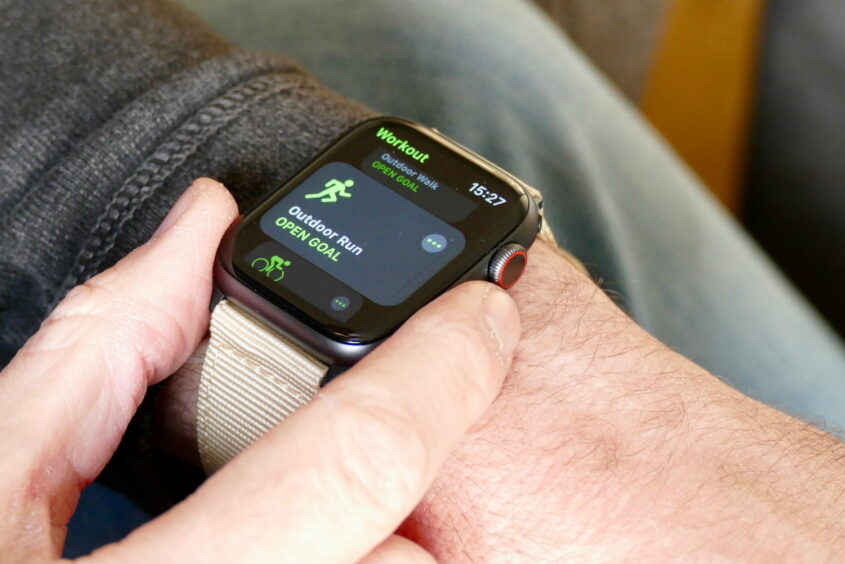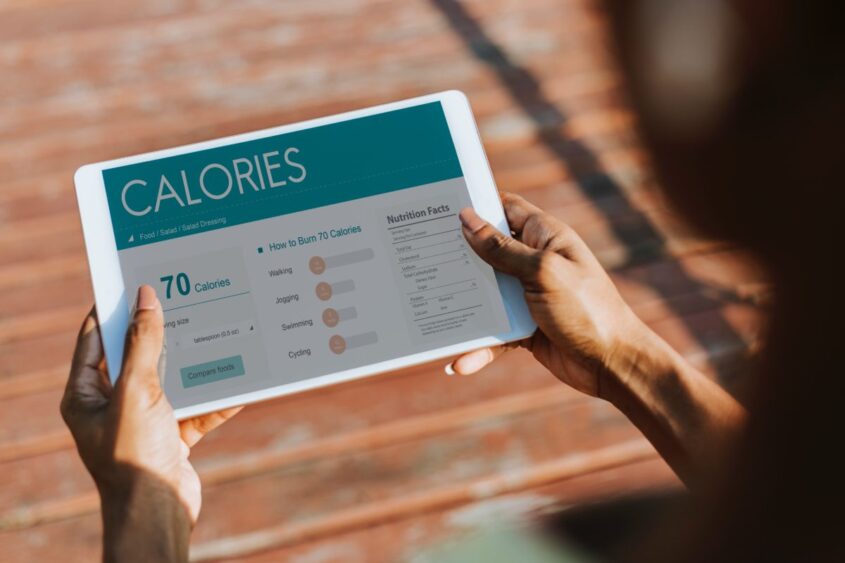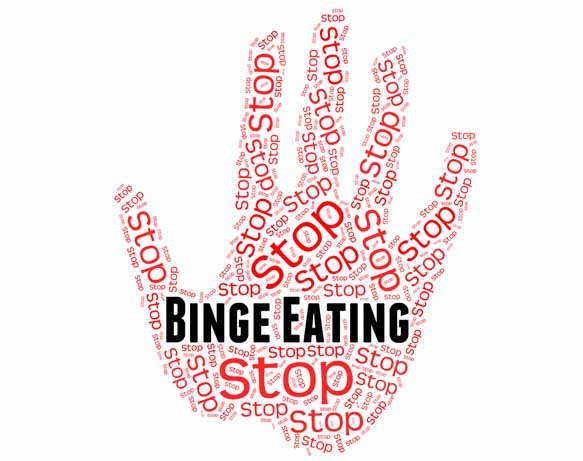
Binge eating is now considered a disorder and is more of a psychological problem than a physical one. Binge eating, if left untreated, can develop into an alarming health issue later on.
Just like how we keep track of time, there are ways and tools to track this condition. Whether your urge to is manageable or is already alarming, here are some health trackers to help you recover from binge eating.
Eating Disorder Recovery Apps

Technology’s purpose has always been to make our lives easier. There are already plenty of eating disorder recovery apps that can help you keep track, monitor, and adjust your eating habits and diet.
These are some apps that you can try: Real Record: Eating Disorder Management, MindShift CBT, RealifeChange, and many more. These apps help to train your mind and body to combat your urges of excessive eating.
Fitness Tracking Devices

Big tech experts and companies are constantly developing new ways to incorporate health-related features in their devices. In the past, wrist accessories like the iconic analog watch and bracelets were just for fashion or to track time. Some can be seen on watchshopping.com. Today, smartwatches and smart accessories were created with new functions and features for our convenience.
You can invest in smartwatches and other smart wearables that can comprehensively track your heart rate, eating habits, and other health metrics. Big companies like Apple and Samsung have installed such features on some of their flagship devices.
Food and Mood Journal

One very effective tracking tool you can try is keeping a food and mood journal. Writing what you eat, how much you ate, and how you feel after eating can help you figure out certain foods that trigger your binge.
Studies have shown that people who keep a food diary have reportedly shown fewer episodes of binge eating and led to long-term weight management.
Calorie Counting

When it comes to weight management, Calories are always a part of the conversation. Calorie counting is also another accurate way to keep track of your diet and how much are you eating. The number of calories you should intake to lose or maintain your weight also depends on your fitness and activity level.
If you have an active lifestyle, you need to take more calories to make up for the calories you burned in one day. If you have a passive lifestyle, you need to take fewer calories to maintain or lose weight.
Concerning binge eating, keeping track of your calories can also help you in controlling your urges as maintaining a certain calorie count per day will help you limit what you eat every day.
Self-Help and Guided Self-Help

Therapists who are experts in treating Binge Eating Disorders are limited. It may not even be available in some countries or even in your area. If you have no access to such expertise, it should not stop you from your goal to stop binge eating.
You can develop your system of disciplining yourself to stop binge eating. You can start by tracking your sleeping patterns, diet, exercise as these are detrimental to stopping binge eating.
If it’s still too challenging for you, you can ask for help and accountability from friends or family that you know can help you with your goal.
The advantage of self-help is that once you master it, you are no longer dependent on external factors to change your behavior.
Dietician and Nutritional Support

If you feel like your binge eating disorder is already out of control, you may want to start working with a registered dietician or nutritionist and incorporate it into your treatment plan.
Professional dieticians will usually want to check your medical records to get a better understanding of your nutritional deficiencies or problems. Your dietician can then create a suitable diet plan for you.
Your dietician can also help you recognize foods that can trigger your binge and will then help you in regulating the intake of such foods.
Medical & Psychological Counseling and Psychotherapy

Another sure way of keeping your binge eating in check is to seek psychological help through psychotherapy. Cognitive-behavioral therapy (CBT) is known to be the most researched and recommended psychotherapy treatment option for Binge Eating Disorder.
Since CBT focuses on the connection between behavior and emotions, This therapy includes monitoring key behaviors, and patterns of eating. CBT also provides strategies to prevent you from going back to binge eat.
The goal of CBT is behavioral change rather than weight loss. That is why the usual clients who have undergone CBT have been cured of Binge Eating Disorder yet are still overweight.
There are plenty of other psychotherapy methods you can try. It is important to note that they are not much supported compared to Cognitive-behavioral therapy.
Takeaway

Binge eating is a condition that, if ignored, can lead to serious health issues. Treating this disorder while it is still controllable can save you physically, emotionally, and financially in the long run. Eating is fun and is a great stress reliever, but staying healthy and fit can prove to be more beneficial long-term.











